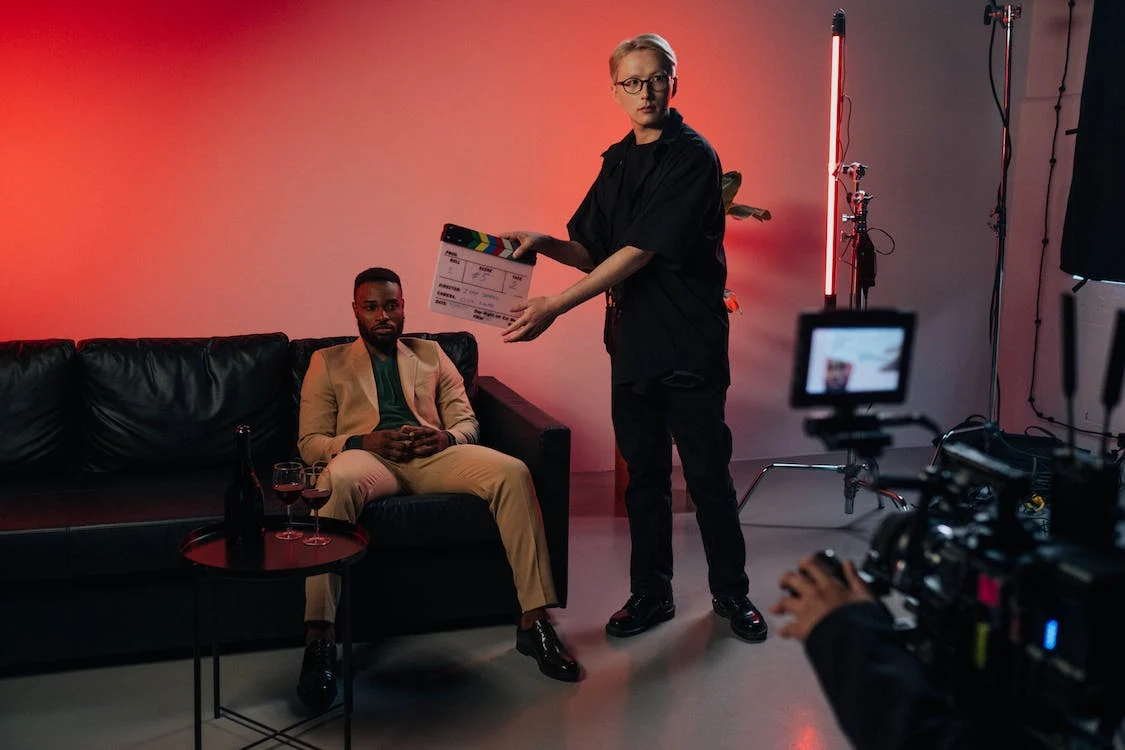Navigating Pilot Season
Tips for Actors Preparing for Auditions
(By Jim Webb)
 (Photo: Ron Lach | Pexels)
(Photo: Ron Lach | Pexels)
Pilot season is a thrilling and competitive time in the entertainment industry when actors have the opportunity to audition for potential roles in upcoming television series. It’s a period filled with auditions, callbacks, and the potential to land a breakout role. To make the most of this exciting time, actors need to be well-prepared and at their best. In this article, we’ll share valuable tips to help actors prepare for pilot season and increase their chances of success in the audition room.
Update Your Materials
Before diving into auditions, ensure your actor materials are up to date. This includes your headshots, resume, and demo reel. Make sure your headshot accurately reflects your current look, and your resume showcases your recent work and training. A compelling demo reel can be a powerful tool to showcase your range and talent to casting directors.
Research Shows and Casting Directors
Stay informed about the projects in development for pilot season. Research the shows that align with your skills, type, and interests. Additionally, familiarize yourself with casting directors who specialize in casting pilots. Follow their work and understand their preferences to tailor your audition accordingly.
Expand Your Repertoire
Pilot season can bring a wide range of roles, so be prepared to audition for various character types. Practice scenes that challenge your versatility, including different genres, accents, and emotional ranges. The more versatile you are, the more opportunities you can seize.
Get Your Acting Coach Involved
Consider working with an acting coach or mentor to help you prepare for auditions. They can provide valuable feedback, help you make strong choices, and refine your performance. Their guidance can be instrumental in boosting your confidence and readiness.
Stay Physically and Mentally Fit
Maintain your physical and mental well-being throughout pilot season. Auditions can be physically demanding, so regular exercise and a healthy diet are essential. Practice relaxation techniques to manage audition nerves, and make time for self-care to stay mentally focused and resilient.
Networking Matters
Network with industry professionals, attend casting director workshops, and engage with fellow actors. Building relationships within the industry can lead to valuable connections and insider information about upcoming auditions.
Prepare for Cold Reads
Pilot season auditions can sometimes involve cold readings, where you receive the script just before your audition. Practice your cold reading skills to adapt quickly to new material and make strong choices on the spot.
Be Punctual and Professional
Arrive early to auditions, be respectful to casting directors and staff, and present yourself in a professional manner. Your behavior and attitude in the waiting room can leave a lasting impression.
Embrace Rejection
Rejections are an inherent part of the audition process. Don’t be discouraged by them. Instead, view each audition as an opportunity to learn and grow as an actor. The more you audition, the better you’ll become at handling rejection and improving your performance.
Stay Persistent and Positive
Pilot season can be a rollercoaster of emotions. Stay persistent, maintain a positive attitude, and remember that success often comes after numerous auditions. Keep honing your craft and refining your skills.
Pilot season is an exhilarating time for actors, filled with opportunities to showcase their talent and land significant roles in upcoming TV series. By preparing diligently, staying informed, and approaching auditions with professionalism and persistence, actors can increase their chances of success during this competitive season. Remember, each audition is a chance to grow and showcase your unique skills, so embrace the journey and keep striving for your breakthrough moment.



